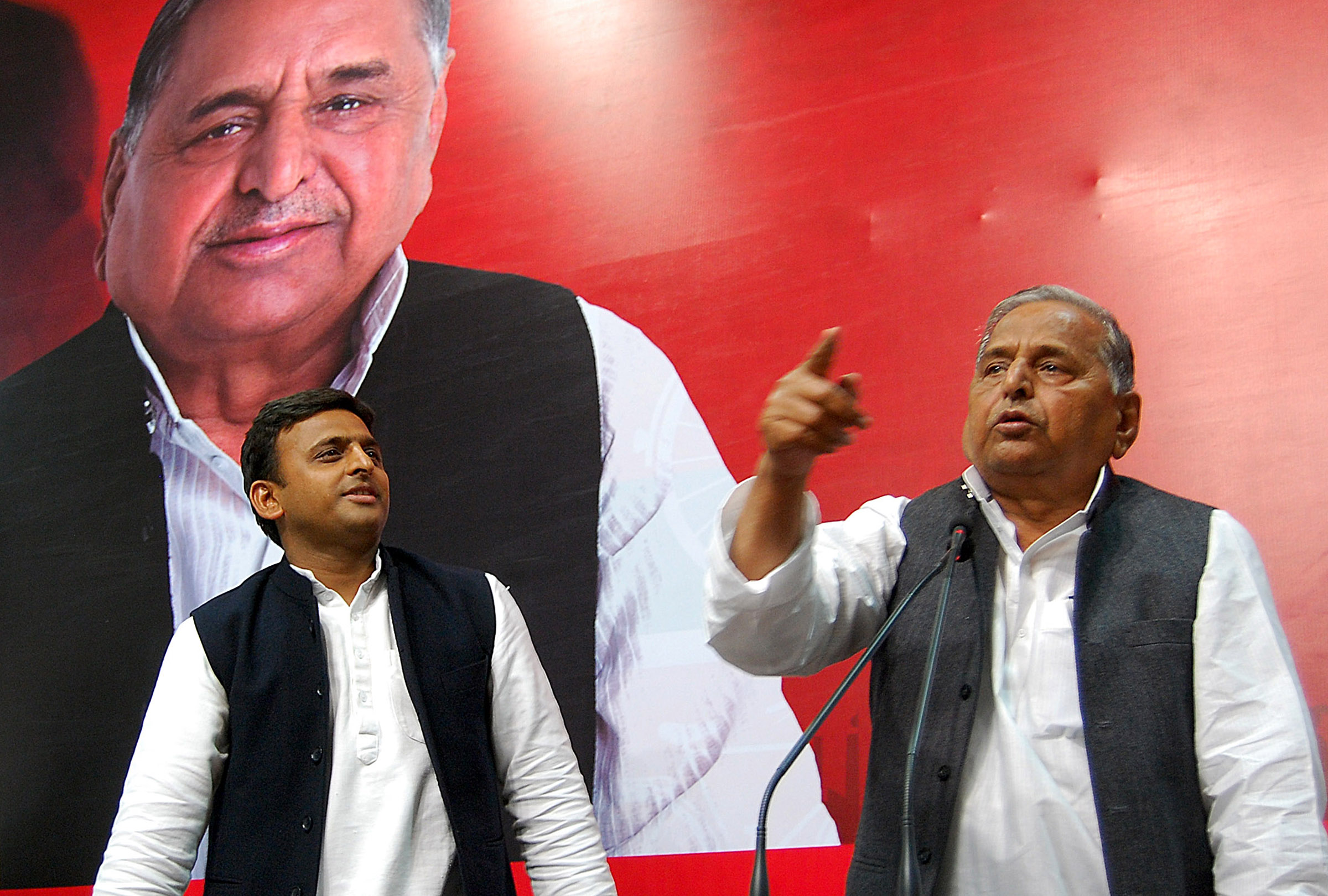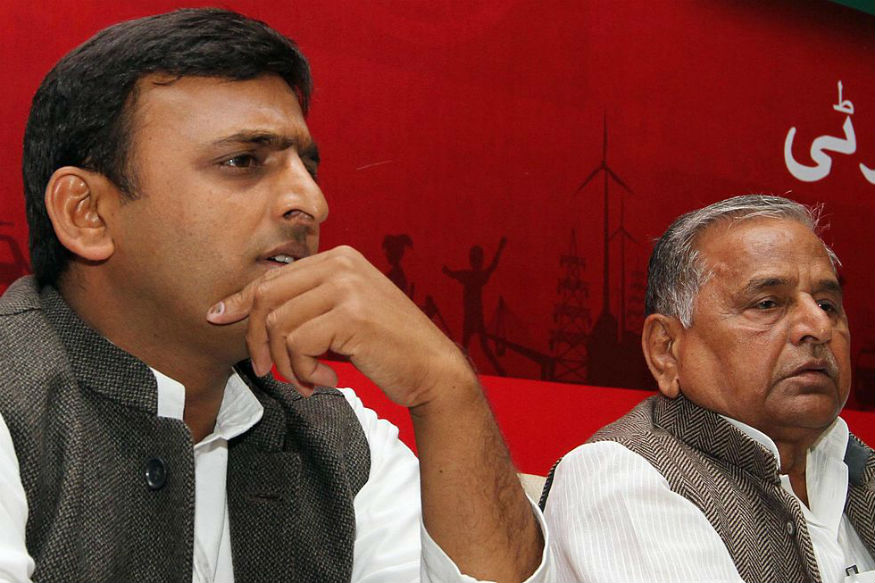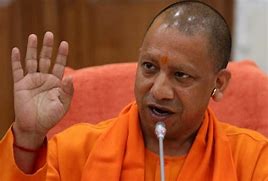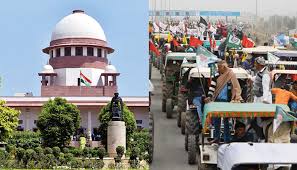Feature
CBI gives clean chit to Mulayam, Akhilesh in disproportionate assets case
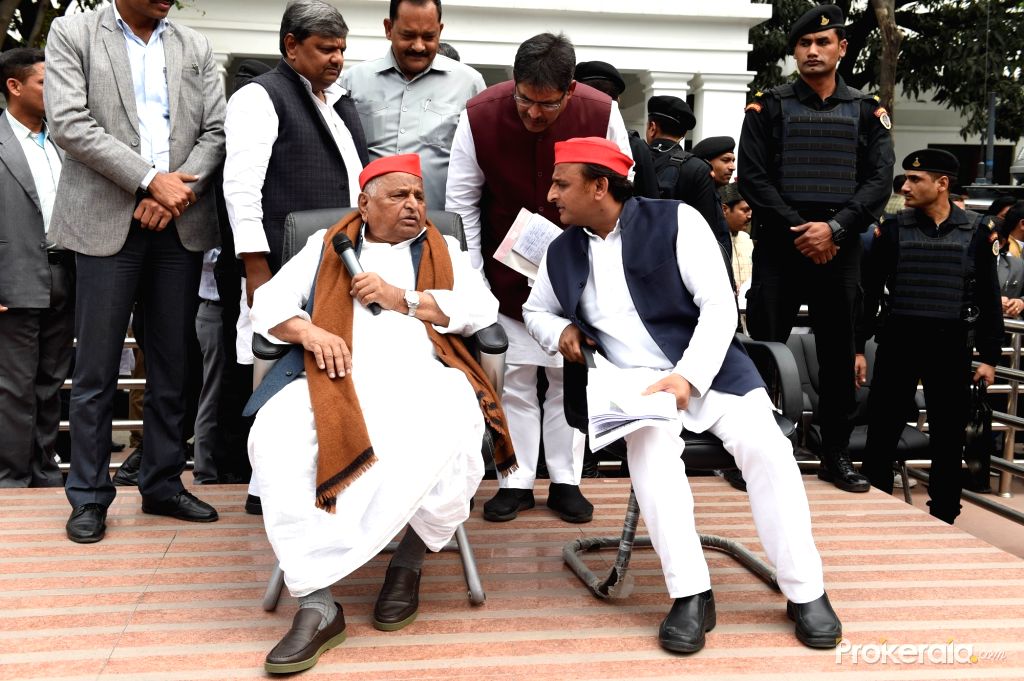
New Delhi: The Central Bureau of Investigation (CBI) has told the Supreme Court that it has cleared Samajwadi Party patriarch Mulayam Singh Yadav his sons-party chief Akhilesh Yadav and Prateek Yadav-in a case of disproportionate assets filed against them in 2013 as the allegations could not be established.
The clean chit to the Yadavs gains significance as it comes days before counting for votes in the 2019 Lok Sabha elections on May 23.
Earlier, the Yadavs had filed an affidavit claiming the case was purely political in nature, and has been brought out to coincide with the Lok Sabha election. The closure report is a big breather for the Yadavs, who had faced a lot of flak in wake of the allegations.
The premier investigating agency, in an affidavit submitted in the court on May 9, said that after conducting a fair and impartial preliminary enquiry against the Yadav family, it took an independent decision to close the matter on August 7, 2013.
The CBI also said that the enquiry was conducted in the spirit of the apex court’s direction on December 13, 2012, and it did not seek any kind of direction from the Centre. Accordingly, it submitted a report with the Central Vigilance Commission and the competent authority in the CBI closed the case against Yadavs on August 7, 2013.
“On careful examination of documents, statement of witnesses and the version of suspects during the course of further enquiry, sufficient evidence to support the allegations of possession of disproportionate assets, jointly or individually, against Mulayam Singh Yadav and his family members could not be brought out,” the CBI told the top court.
Delving into the nature of evidence available against Yadavs, the CBI, in the 23-page affidavit, said: “Since no prima facie evidence of the commission of cognisable evidence against the suspects was found during the enquiry, hence the preliminary enquiry was not converted into a criminal case or an FIR and as such no further enquiry was conducted after August 7, 2013.”
Before LS poll results CBI gives clean chit to Mulayam, Akhilesh in DA case:
Interestingly, the CBI not once, but at several times in the affidavit, reiterated that it could not establish allegations of the Yadavs having acquired assets beyond their known sources of income.
On April 12, the agency, in an oral submission before a bench headed by Chief Justice Ranjan Gogoi, told the court that it has already closed the case. The court had given four weeks time to it to file its response on the matter.
On March 25, an application filed by petitioner Vishwanath Chaturvedi had sought the court’s direction to the CBI to bring forth its investigation report in the case. Chaturvedi contended that the CBI has failed to inform the court on any substantial progress made on the case against Yadavs.
The agency said it was not under compulsion to report about its enquiry to any authority or person, but it will not restrict the media from communicating the final outcome on the case.
The CBI also said that it will be wrong to equate a preliminary enquiry with a criminal investigation, and hence it was not supposed to place a report before the jurisdictional court.
In December 2012, the court had directed CBI to initiate a probe against Akhilesh Yadav, while dropping the investigation against his wife, Dimple Yadav.
Mulayam Singh, in his response, had said the top court never directed the CBI to register a regular case against him and his family, and ordered a prima facie enquiry. He also submitted before the court that Income Tax department reports on his assets do not show anything unfavorable, and these have been already placed before the apex court.
Entertainment
Meghalaya Reserves Legalized Gambling and Sports Betting for Tourists

The State Scores Extra High on Gaming-Friendly Industry Index
Meghalaya scored 92.85 out of 100 possible points in a Gaming Industry Index and proved to be India’s most gaming-friendly state following its recent profound legislation changes over the field allowing land-based and online gaming, including games of chance, under a licensing regime.
The index by the UK India Business Council (UKIBC) uses a scale of 0 to 100 to measure the level of legalisation on gambling and betting achieved by a state based on the scores over a set of seven different games – lottery, horse racing, betting on sports, poker, rummy, casino and fantasy sports
Starting from February last year, Meghalaya became the third state in India’s northeast to legalise gambling and betting after Sikkim and Nagaland. After consultations with the UKIBC, the state proceeded with the adoption of the Meghalaya Regulation of Gaming Act, 2021 and the nullification of the Meghalaya Prevention of Gambling Act, 1970. Subsequently in December, the Meghalaya Regulation of Gaming Rules, 2021 were notified and came into force.
All for the Tourists
The move to legalise and license various forms of offline and online betting and gambling in Meghalaya is aimed at boosting tourism and creating jobs, and altogether raising taxation revenues for the northeastern state. At the same time, the opportunities to bet and gamble legally will be reserved only for tourists and visitors.
“We came out with a Gaming Act and subsequently framed the Regulation of Gaming Rules, 2021. The government will accordingly issue licenses to operate games of skill and chance, both online and offline,” said James P. K. Sangma, Meghalaya State Law and Taxation Minister speaking in the capital city of Shillong. “But the legalized gambling and gaming will only be for tourists and not residents of Meghalaya,” he continued.
To be allowed to play, tourists and people visiting the state for work or business purposes will have to prove their non-resident status by presenting appropriate documents, in a process similar to a bank KYC (Know Your Customer) procedure.
Meghalaya Reaches Out to a Vast Market
With 140 millions of people in India estimated to bet regularly on sports, and a total of 370 million desi bettors around prominent sporting events, as per data from one of the latest reports by Esse N Videri, Meghalaya is set to reach out and take a piece of a vast market.
Estimates on the financial value of India’s sports betting market, combined across all types of offline channels and online sports and cricket predictions and betting platforms, speak about amounts between $130 and $150 billion (roughly between ₹9.7 and ₹11.5 lakh crore).
Andhra Pradesh, Telangana and Delhi are shown to deliver the highest number of bettors and Meghalaya can count on substantial tourists flow from their betting circles. The sports betting communities of Karnataka, Maharashtra, Uttar Pradesh and Haryana are also not to be underestimated.
Among the sports, cricket is most popular, registering 68 percent of the total bet count analyzed by Esse N Videri. Football takes second position with 11 percent of the bets, followed by betting on FIFA at 7 percent and on eCricket at 5 percent. The last position in the Top 5 of popular sports for betting in India is taken by tennis with 3 percent of the bet count.
Local Citizens will Still have Their Teer Betting
Meghalaya residents will still be permitted to participate in teer betting over arrow-shooting results. Teer is a traditional method of gambling, somewhat similar to a lottery draw, and held under the rules of the Meghalaya Regulation of the Game of Arrow Shooting and the Sale of Teer Tickets Act, 2018.
Teer includes bettors wagering on the number of arrows that reach the target which is placed about 50 meters away from a team of 20 archers positioned in a semicircle.
The archers shoot volleys of arrows at the target for ten minutes, and players place their bets choosing a number between 0 and 99 trying to guess the last two digits of the number of arrows that successfully pierce the target.
If, for example, the number of hits is 256, anyone who has bet on 56 wins an amount eight times bigger than their wager.

